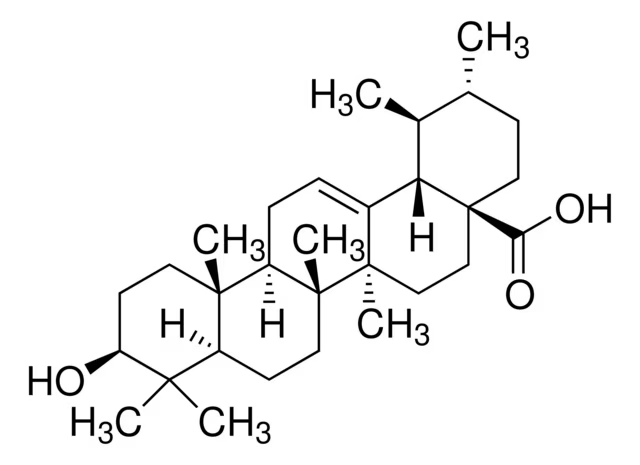Learn the Science Behind Beta-arbutin and its Whitening Benefits

Beta-arbutin
Learn the science behind beta-arbutin
To understand the whitening effects of beta-arbutin, it is necessary to understand its mechanism of action at the cellular level. Beta-arbutin works by inhibiting the activity of tyrosinase, the enzyme responsible for producing melanin, the pigment that gives skin its color. By inhibiting tyrosinase, beta-arbutin helps reduce melanin production, resulting in a brighter, more even skin tone.
In addition, beta-arbutin has been shown to have antioxidant properties that help protect the skin from free radical damage and environmental stressors. This makes it a valuable ingredient for promoting overall skin health and reducing age spots and sun damage.
Whitening effect of β-arbutin
Clinical studies have proven that β-arbutin has the effect of whitening and brightening the skin. In a study published in the Journal of Dermatology, researchers found that a topical formula containing 7% beta-arbutin significantly improved skin pigmentation and reduced the appearance of dark spots after 12 weeks of treatment. Results showed that beta-arbutin was well tolerated and effectively whitened skin without causing irritation or side effects.
Additionally, beta-arbutin was compared to other skin lightening agents, such as hydroquinone, and found to be equally effective in reducing hyperpigmentation and achieving a more even skin tone. This makes it a safer, more natural alternative to traditional whitening ingredients.
Benefits of Using Beta-Arbutin in Skin Care
Adding beta-arbutin to skin care products can provide a range of benefits for individuals looking to achieve a brighter, more even skin tone. Some of the key benefits of using beta-arbutin include:
- Whiten skin: β-Arbutin helps lighten dark spots, age spots and pigmentation by inhibiting the production of melanin, making the skin more radiant and younger.
- Even skin tone: Beta-arbutin can help promote a more even skin tone by reducing uneven pigmentation and discoloration.
- Antioxidant protection: The antioxidant properties of beta-arbutin help protect the skin from oxidative damage, which can lead to premature aging and dull skin.
- Safe and mild: Compared with other whitening ingredients (such as hydroquinone), β-arbutin is considered safer and gentler on the skin, and is suitable for all skin types, including sensitive skin.
Incorporate beta-arbutin into your skin care routine
When looking for skin care products containing beta-arbutin, it’s important to choose high-quality formulas that have been tested for clinical efficacy and safety. Look for products with a beta-arbutin concentration of at least 2% to 7% to ensure optimal results.
It’s also important to use beta-arbutin as part of a comprehensive skin care routine that includes sunscreen, as sun exposure can exacerbate pigmentation and interfere with beta-arbutin’s whitening effects. Applying a broad-spectrum sunscreen with a high SPF every day can help protect your skin and prevent the recurrence of dark spots and hyperpigmentation.
